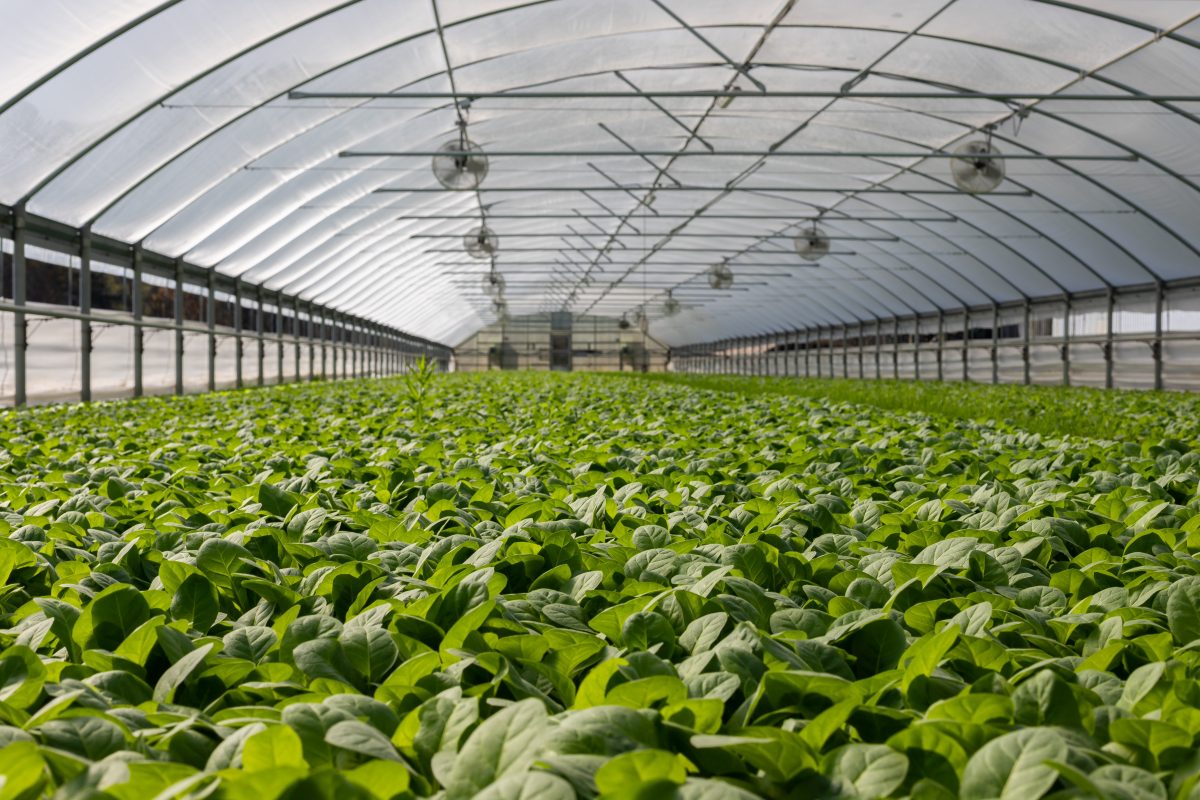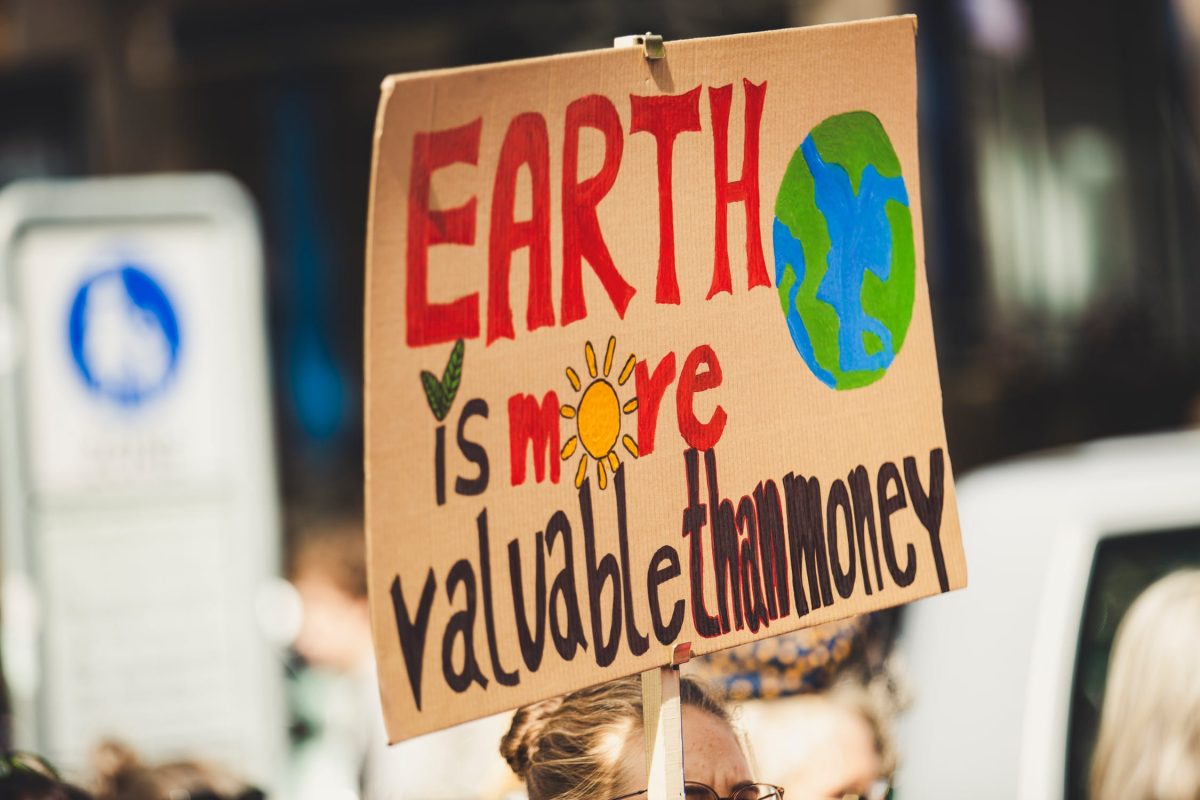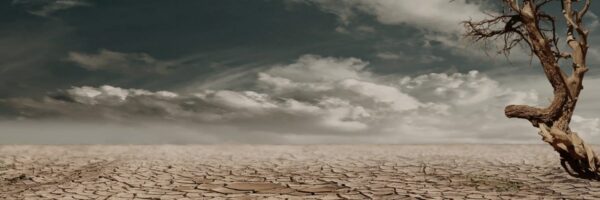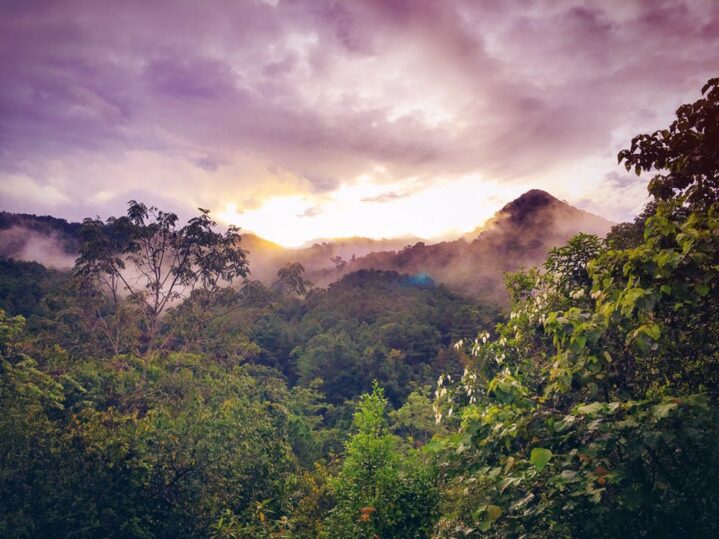
The burning Amazon forest is not just fuelled by Bolsonaro – it’s all of us
Hello. I know the Amazon forest is burning and the glaciers in Iceland are melting. I know how you feel hopeless and fearful for the future, and at the same time, angry with our world leaders. I know from the Facebook posts and Instagram stories you share, that you care and you’re scared. But before you click that post button, I want you ask yourself: “Am I really doing my best to help?”
Before you type in #PrayForAmazon, is there something you could Do For Amazon? The rainforest isn’t just burning because some evil men like Bolsonaro (and Trump) think it’d be a great idea to burn down an entire ecosystem to piss off the world. They do it for the money. And we drive that money.
Agribusiness and deforestation is one of the main reasons this forest is dying. These fires are being fuelled by an industry pushed to over-harvest by our needy demands as consumers who are hungry for beef steaks, and as ordinary people who use toilet paper. We are just as much part of the underlying problem, the driving factor, the motivating stakeholder.
Before you complain about the shameless greed of politicians and corporate giants, think about what motivates their environmentally-damaging decisions. Are you on a plant-based diet, or are you one of those people who think bacon is “too good” to give up? The only people who should be allowed to complain about anything are babies, because they are literally incapable of making any decisions about what they choose to consume. In fact, they’re not even capable of complaining, they just cry because that’s literally all they can do.
But if you’re reading this right now, you know you’re not a baby. You’re also probably not a victim of poverty and starvation, living in a war-torn zone or a broken home, lucky to have whatever’s there (and if you are, I am sorry). You, my friend, probably have the luxury of buying a cup of coffee from Starbucks and watching some movies from your MacBook. You probably had that free time to scroll through your Twitter feed and repost a picture of a starving polar bear. So I want you to ask yourself again: “Am I really doing my best to help?”
When you blame presidents and environmental ministers for their lack of commitment in lowering carbon emissions, are there ways you could be making it easier for them to do so? Are you driving less and taking public transportation, going on less flights and taking more trains, to help them shift to an economy less dependent on fossil fuels? Are you carrying a reusable water bottle and using less plastic, to help reduce petroleum extraction (used to make plastic) and prevent ocean waste? Are you shopping local, to help them avoid overseas logistics and transportation (again, reducing fossil fuel consumption)? Are you buying less sneakers and reusing more clothes, to cut back the latest trends that drive unsustainable fast fashion and unethical labour? Are you switching off the lights when you leave the room, or turning down the faucet for just the amount of water you need? Are you supporting small businesses instead of conglomerate brands, to help build a sustainable supply chain of consumer goods and services? Are you donating to non-profits and promoting social enterprises that research and implement environmentally-friendly materials and production? Are you planting any trees or growing a vegetable garden, building a compost or installing solar panels?
There are 7.5 billion humans on this planet, and whatever governments and corporations do, they do to sustain all of us. Sure, some of them want more money than the others, but we all have to understand that we are the ones buying into it and giving them that money. The people with the most decision-making power and money-making abilities tend to become consumed by greed, but we can’t deny all individuals like us are, too, consumed by desire. Desire for new clothes, fast cars, and quick calls. Desire for entertaining content, the latest smartphone, and the coolest selfie. Desire for more accessories, pretty scenery, and easy delivery. Until we can say no to these desires, it’d be contradictory to pressure polluters to pollute and produce less, given the market demands they’re pressured to fulfil.
Youth strikers strike for climate action because we know we’re not in the position to make those big policy changes that need to be made to create the quickest, most efficient impacts for the environment. We put that pressure onto governments and multi-national organisations, because, yes, technically they should be responsible for those duties. But I think we also strike because we don’t know anything better about how to achieve those targets and goals – we don’t understand the complexities of the political and financial systems that have been put in place for our societies to function like they do today, centuries leading up to the very ones that get food delivered to our local supermarkets and bring the internet onto each of our mobile phones today (carbon footprint from data systems are not often discussed). We don’t understand the limitations of certain decisions made in international agreements and why adults can’t just tear down coal-fired power plants overnight and shift to renewable energy. We don’t understand what it takes just to keep a community of 7.5 billion people alive and well, what it takes just to keep 195 nations from dropping bombs on each other and on a mutual agreement.
Since I started diving into environmental conservation about four years ago – working my way into it mainly by creating awareness through writing and eventually activism – I’ve constantly sought ways to make the biggest impact I could. I wrote articles about the carbon footprint produced by the meat industry hoping to turn my readers into vegetarians, and I wrote articles about my country’s energy market wanting to point out a flaw our power development plan has. But as months flew by, I learned more about all the obstacles that lie between environmentalism and capitalism, as well as the ones posed by technological advancement like renewable sources and battery storage. I learned more about my own stance in our big, big world, and about what I actually contribute to it.
I learned more about how difficult it was to make an impact on such a big scale as a young individual with no scientific or engineering knowledge. And it depressed me everyday, flicking past a continuous flow of bad environmental news and walking through a city of polluting production and consumption. So I moved those ambitions of saving the planet and placed it as my aspiration, and instead focused on the little solutions-oriented changes I could actually do in everyday life. I can’t say I’m doing the best – everyone’s best at this point, in order to save our planet and live the most low-carbon lifestyle possible, is probably live like cavemen – but I’m trying my best.
I still live in a city and depend on money for survival. I still use the air-conditioning for when it gets too hot and have a fridge so my leftovers don’t spoil. I still make garbage each day and share posts about the burning Amazon forest which I can’t seem to actually do anything about.
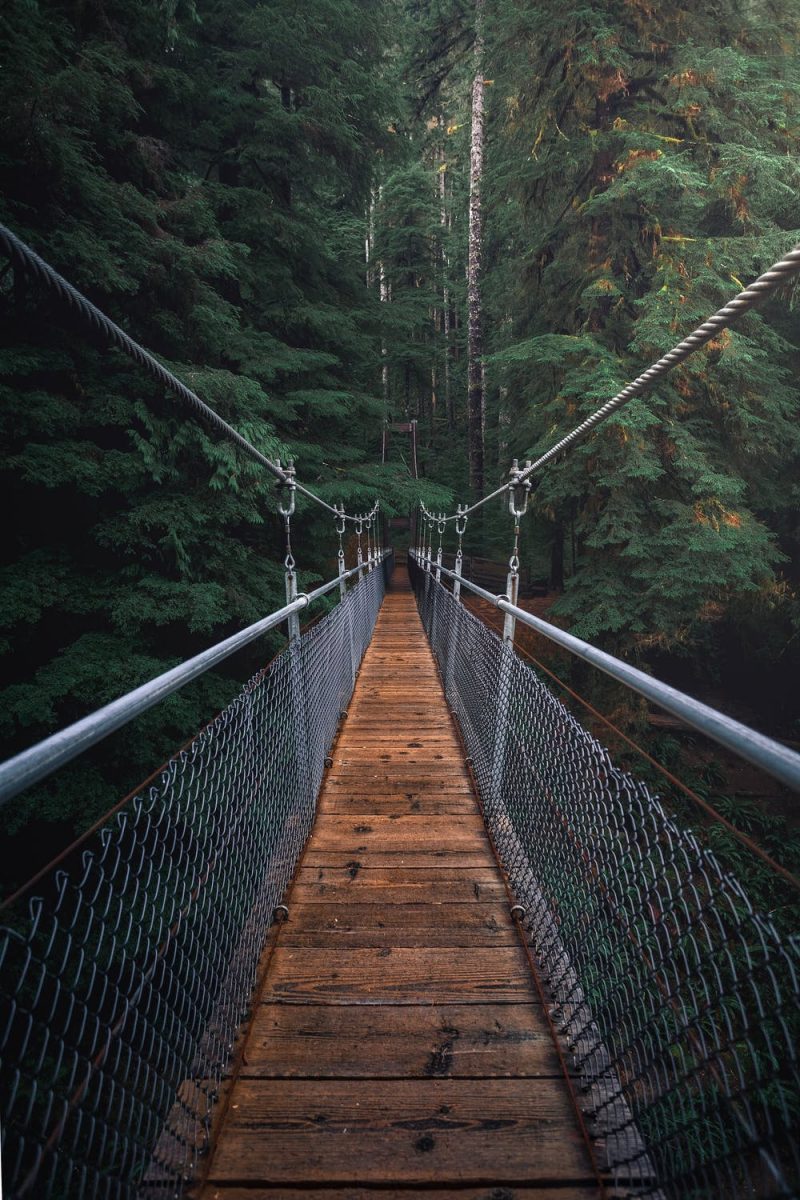
But I try my best to help. I’ve been vegetarian for a few years now, and I rarely drive. I now snack less because they’re wrapped in so much plastic, drink less iced cocoa from cafes because they come in single-use cups, and often quench my thirst because I don’t want to buy a bottle of water. I haven’t bought new clothes in a few months now, and whenever I do I try to thrift. I use bar soap now and use both sides of the paper. It’s not enough to change the world, and honestly most likely barely anything at all to make a dent in our global carbon emissions, but at least it’s some-thing.
Look, I am a climate activist, but I don’t really know what to tell you. I’m not an environmental expert, a sustainability guru, or a zero-waste idol. I don’t know if the most polluting industries and the most environmentally-challenged governments will ever prioritise our survival and nature’s wellbeing over revenue and GDP. A lot of my friends tell me about how devastating the outlooks of climate change seems. I’m sick, too, of listening to the same speeches about “spreading awareness” and “acting now”. Let’s be honest, straightforward and constructive, don’t turn this into another UN meeting. What do we do actually to “act now”, and who is going to do it? Are you going to “act now”? Or are you just going to wait for the government to do it, like the rest of the internet seems to be?
But what I can say is, human-driven climate change is wired into every part of our modern lifestyle, and as individuals living those lifestyles, there are actually plenty of ways you could be creating a positive change, big or small, through what and how you consume. There are probably millions of tips on leading a sustainable lifestyle on the internet and have been out there for years – you just need to take them seriously enough and do it, rather than wait for someone else like your friends or the government to do it, regardless of how great of an impact that leaves. Once you do it, hopefully someone else will follow. And hopefully, it ripples out across our big, big world.
The dying Amazon forest isn’t just about negligent governance or unsustainable business – it’s about the way individuals choose to go about their daily lives, about how much water and electricity we use and burn, how much material goods we buy and throw away, and how much convenience and luxury we demand.
We are as much part of the problem, just as we can be part of the solution.


